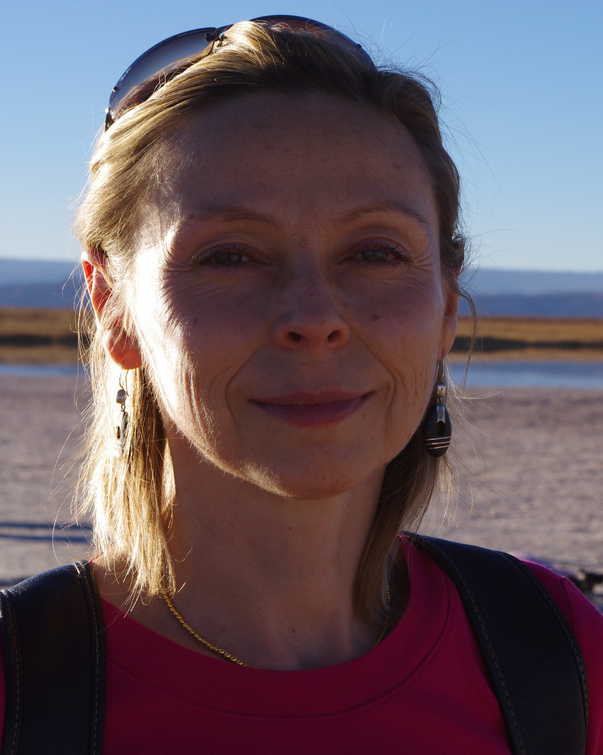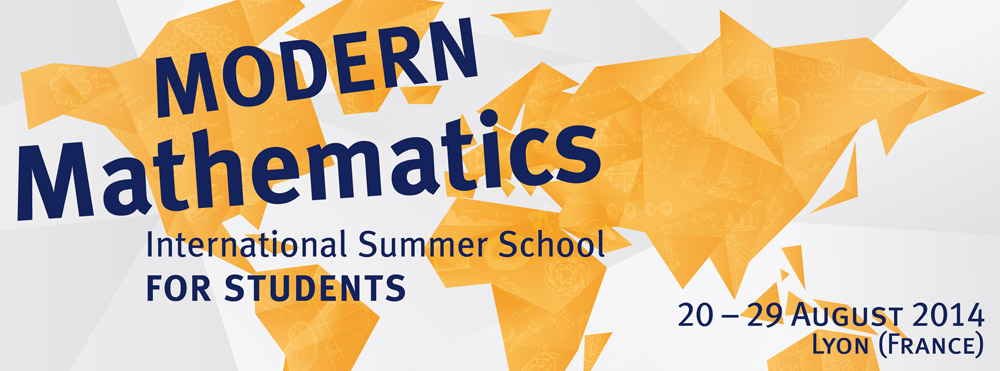Sylvie Benzoni-Gavage
|
Sylvie Benzoni-Gavage is a professor at the Institut Camille Jordan of Lyon University. Her main fields of interest have to do with the analysis of partial differential equations and the mathematical modelling of various physical phenomena like fluid dynamics, elastodynamics, phase transitions. She was trained at `École Normale Supérieure de Saint-Cloud/Lyon', and loves interacting with students. She used to be the head of undergraduates studies in mathematics, and has been involved in many initiatives directed to highschool students (lectures, workshops, blog mpt2013.fr, website Images des mathématiques). She is currently in charge of international relations for the Mathematics Department. |
 |
"The art of not solving equations:" Many natural phenomena are governed by equations in which the unknown is a function. This is the case for instance in demography, when we are to follow the number of individuals of a given population as a function of time. As long as the population growth rate is constant, we can predict that the evolution of the number of individuals will be exponential (a mathematical word that we can often hear in the media, seldom in its accurate meaning though). However, very few equations admit such a simple solution. For over two centuries after differential calculus was invented by Newton and Leibniz, scientists had been struggling to find more or less beautiful formulas for the solutions of differential equations, that is, equations expressed in terms of an unknown function and its derivatives. Then came Poincaré and a radically new point of view arose. Mathematicians realized that they could infer many properties of those solutions without computing them. This `art of not solving equations' has known a tremendous development in the last century, and became crucial in the analysis of partial differential equations (these are more complicated versions of differential equations in which the unknown is a function of several variables - for instance, these variables can be time and spatial position of the individuals of a population). As a matter of fact, mathematical analysis relies very much on the art of manipulating inequalities, instead of deriving equalities. The aim of this course will be to give an overview of some widely used tools that yield beautiful results in the theory of differential equations.

